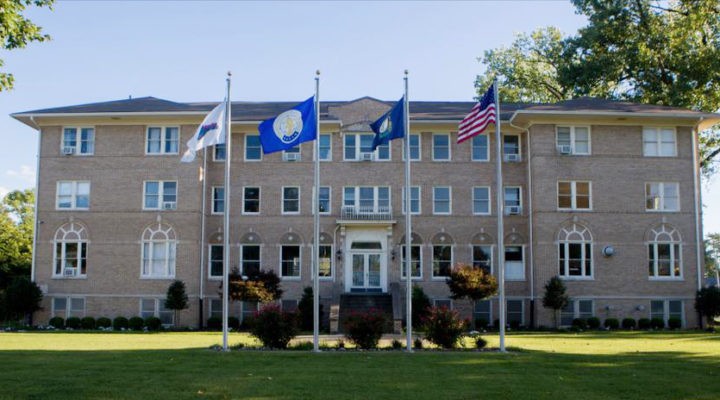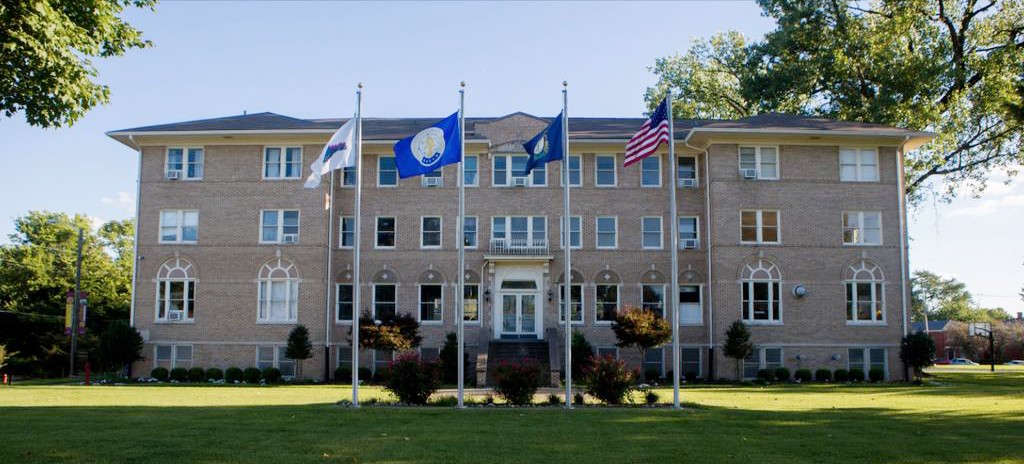Supported by a $750,000 multi-year grant from the Eula Mae and John Baugh Foundation, Baptist Seminary of Kentucky will launch the Institute for Black Church Studies in Louisville, Ky., this fall.
The institute will offer continuing education for Black church leaders and a graduate-level certificate program in Black church studies. It will provide related library resources in a digital format and will serve white congregations and their leaders through a program of racial justice education.
To make the institute’s resources widely accessible, much of its programing will be offered virtually, said BSK President David Cassady.
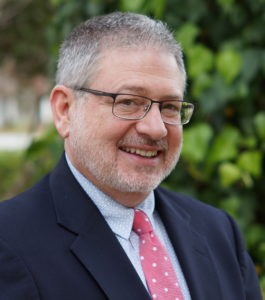
David Cassady
“We are grateful to the Baugh Foundation for this grant and for its commitment to a more racially just world,” Cassady said. “This institute will give an exponential boost to BSK’s racial justice work, which is one of the seminary’s top priorities.”
In 2017, BSK, which is based at Georgetown College in Central Kentucky, opened a second campus in Louisville at Simmons College of Kentucky, and it offers a full master of divinity degree at this historically Black institution. Last year, the National Baptist Convention of America International Inc., a predominantly Black denomination, designated BSK as its official seminary.
“We have learned much through our relationships with Simmons and the NBCA, and they will be vital partners in the development of the Institute for Black Church Studies,” Cassady said. “We approach these partnerships with humility, realizing we are a white institution operating in Black space.”
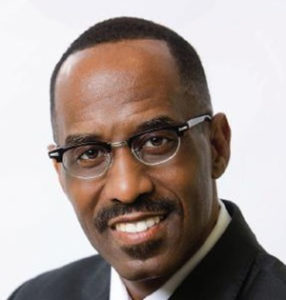
Kevin Cosby
A portion of the grant will go to a scholarship fund for American Descendants of Slavery established by BSK four years ago in honor of Kevin Cosby, president of Simmons College of Kentucky, and his wife, Barnetta. The grant also will fund research aimed at benefiting the Black church and the African American community.
“I believe this institute holds great promise for the work of the Black church and the cause of racial justice, and Simmons College of Kentucky is eager to partner with BSK in this venture,” Kevin Cosby said. “In an age when the presidents of the six Southern Baptist seminaries are undermining efforts to address racial inequities, it is refreshing to see a seminary founded by white Baptists take seriously the pursuit of racial justice.”
The institute will be housed at the NBCA headquarters in Louisville. The denomination’s offices are now at Simmons College, but the group is looking for new space near Simmons.
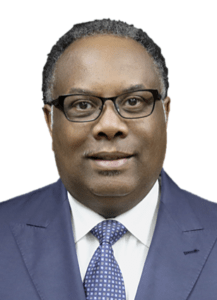
Samuel Tolbert
Samuel Tolbert Jr., president of the NBCA, said the denomination is pleased to host the new institute as it continues its ongoing partnership with BSK. “Both current and future leaders of NBCA congregations will benefit from its offerings, and our work with this institute will further our efforts to address the racial divide that permeates our country.”
Lewis Brogdon, who currently holds faculty appointments at both Simmons and BSK, will be the institute’s director.
“I see divine providence in the timing of this grant and the moment in which we find ourselves,” Brogdon said. “God is up to something big at BSK.”
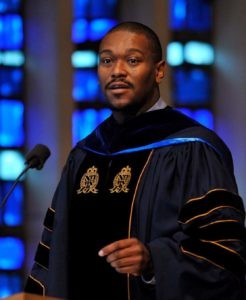
Lewis Brogdon
Brogdon said he believes his 29 years of ministerial experience and a decade of work as a scholar of biblical studies and religion have prepared him well for his new role. “I am excited to teach and train congregational leaders who serve in the National Baptist Convention of America and the Cooperative Baptist Fellowship and the Cosby scholars and other seminarians who study at BSK.”
In the institute’s outreach to white congregations, it will rely on BSK’s relationships with the Cooperative Baptist Fellowship and CBF affiliates in Kentucky and Virginia, Cassady said. CBF global and CBF Kentucky have partnered with BSK since its founding in 2002, and CBF Virginia entered a partnership arrangement with BSK late last year.
“BSK through this institute will be help white congregations grapple with the difficult issues surrounding racial justice and be advocates for change in their communities and beyond,” Cassady said. “Recent events in our country have demonstrated the critical need to repair the racial breach that divides us, and we are hopeful BSK and our partners can play a role in this important work.”
Related articles:

